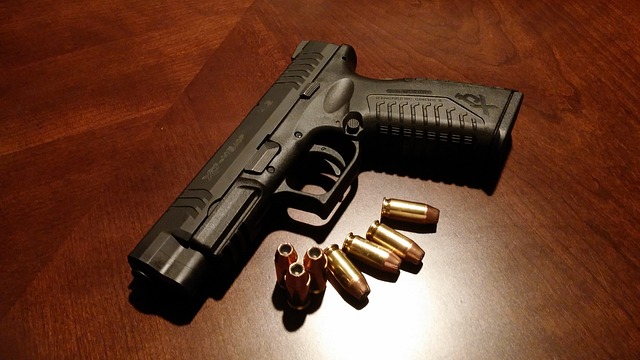
Firearm Transfers Following Death or Disability
Firearm ownership transfers upon disability or death are covered in the Illinois Revised Statute and in the Illinois State Police Firearm and Ammunition Transfer Rules.
Firearm Ownership upon Disability
With the statute, firearm ownership upon disability is fraught with potential issues. Even if you currently possess a FOID card, you may become ineligible to possess your firearms if you are:
- Prohibited from possessing a firearm under any state or federal law;
- Addicted to narcotics;
- Have been a patient in a mental health facility for the past five years;
- Intellectually disabled;
- Adjudicated as a mentally disabled person;
- Involuntarily admitted into a mental health facility; or
- Diagnosed with a psychological condition that poses a clear and present danger to yourself, any other person, or persons in the community.
However, there is a difference between needing help to pay bills and being mentally impaired to the point where a person’s firearm possession violates the Gun Control Act.
As an added concern, a caretaker may face potential liability issues if a disabled person shoots someone or commits suicide with a firearm in the home. On the other hand, as necessary as liability and safety concerns are, balance these concerns with the senior’s right to self-defense.
In conclusion, to avoid unintended consequences following a disability adjudication:
- Set up a revocable grantor Living Trust or a Gun Trust,
- Create a Power of Attorney as part of your Living Trust estate plan to authorize another person to manage your affairs upon your disability without court intervention.
Gun Transfers upon Death
After a firearm owner dies, the estate’s executor, or preferably the Trustee of his Living Trust, is tasked with legally transferring the firearm to their chosen beneficiaries. However, if there is no estate plan, the surviving heirs at law are determined by the Probate Court.
So what do you do now? Above all, start your estate plan. However, determining firearm ownership after your death is essential to that plan. Your Trustee can distribute them to a licensed gun dealer. However, any chosen beneficiaries must have a valid FOID card in the state in which they reside.
The law provides a sixty (60) day grace period if the beneficiary does not have a FOID card. Indeed, do not put your Trustee or your beneficiary in that position. For instance, it will delay your estate’s distribution and burden your beneficiary during a difficult time. Moreover, during those 60 days, the statute does not exempt your Trustee from possessing firearms. As a result, the Trustee is now subject to an immediate FOID requirement.
Suppose firearms are an asset of the estate. In that case, the administrator must comply with a myriad of federal, state, and even local ordinances regarding possession, storage, transportation, and transfer of ownership. In addition, federal firearms laws always apply to possession, transport, and transfer. State and local ordinances may have more rigorous requirements than federal regulations.
Firearm Record-Keeping Requirements
Finally, understanding record-keeping requirements is crucial. 430 ILCS 65/3) (b), as amended, the statute now requires that, in a person-to-person firearm transfer, the transferor is responsible for verifying the existence of the transferee’s valid and unrevoked FOID card. Also, the transferor must keep a record of the transfer for at least ten years. The record must include the date of the transfer, the transferee’s name and address, the firearm’s serial number, and a description of the firearm. Nothing in this statute exempts estate Administrators/Trustees from this requirement.
Living Trusts
At the end of your life, or incapacitation, firearms, real estate, or financial accounts in your name, all are at risk of Probate.
- A Will = Probate. The rule is no one can legally sign your name. Therefore, at your death or incapacity, all assets in your name are subject to the complete Probate process, which averages 18 months and is costly.
- A fully funded Living Trust completely avoids Probate.
- A Living Trust estate plan includes Health Care and Financial Power of Attorney documents and a Last Will and Testament for guardianship of minor children and to “pour over” any assets still in your name at your death out of Probate.
- Your life insurance policies and deferred compensation accounts can name your Living Trust as beneficiary, subject to essential tax considerations.
*Illinois State Bar Association Trusts and Estates section; Mellissa Maye.
Contact us today for further information or visit Tuohy Law Offices now.

LinkedIn
TomTuohy.com
312-559-8400
17W220 22nd Street
Oakbrook Terrace, Illinois, 60181
This blog entry is for information and planning purposes. Therefore, it is not legal advice. Please do not use this blog as legal advice which turns on specific facts and laws in particular jurisdictions. No reader of this blog should act or refrain from acting based on any information included in, or accessible through, this blog without seeking the appropriate legal or other professional advice on the particular facts and circumstances at issue from a lawyer licensed in the reader’s state, country or other applicable licensing jurisdiction.
HealthCare Legal Document and School


